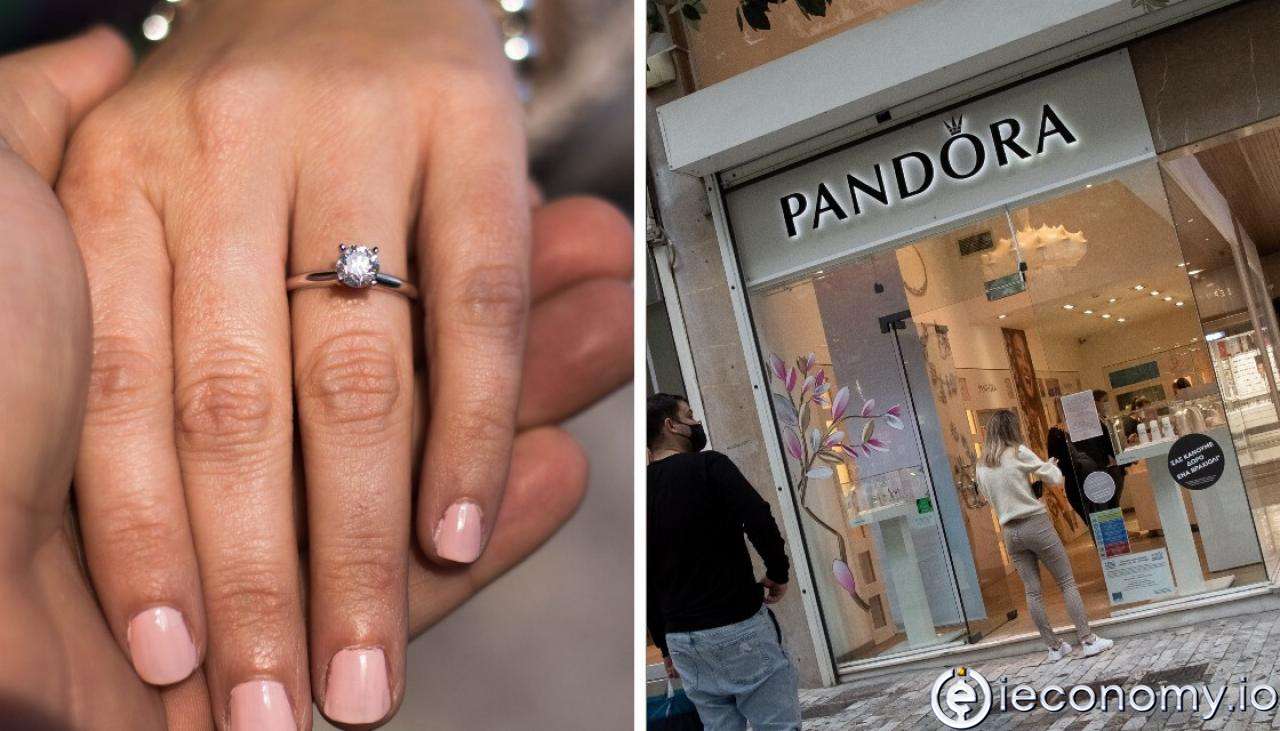10960
0
The Danish company Pandora will stop using natural diamonds
The Danish company Pandora will stop using natural diamonds. Pandora justified this with their price and unethical way of mining.

Yazar: Tom Roberts
Yayınlanma: 5 Mayıs 2021 21:31
Güncellenme: 3 Mart 2026 04:12
The Danish company Pandora will stop using natural diamonds
The world's largest jewelry maker, the Danish company Pandora, will stop using natural diamonds. In its statement today, Pandora justified this with their price and unethical way of mining. The move is part of a broader strategy in which the company abandons raw materials obtained in mines and factories, often through human rights violations. Pandora, which makes more jewelry than any other jewelry company, came up with the decision less than a year after committing to stop using newly mined gold and silver. From 2025, its products will be made only of recycled precious metals, so that within four years the company will become carbon neutral. Diamonds adorning Pandora's jewelry will henceforth be made in the laboratory. The company will present its first collection of artificial stones in Britain, and will launch it in other markets in 2022. In the first quarter, Pandora more than quadrupled its operating profit to DKK 903 million. That's more than analysts expected. The company was helped by online sales and a stimulus package to support the economy in the United States. Pandora intends to continue to grow in the US and China and is considering expanding its range of watches and handbags. The market for expensive jewelery is overshadowed by reports of many years of human rights violations in the extraction of the raw materials needed to produce them, but it has not yet been reformed. Last year, the competing company Tiffany & Co. also responded to the concerns of the customer public. It began to offer clients details about the journey of individual individually registered newly mined diamonds from the mines to the store. Pandora's laboratory-produced diamonds are produced with about 60 percent renewable energy from carbon. Next year, the share of renewable energy is expected to rise to 100 percent. The company said that artificial diamonds will have the same physical properties as natural stones. Global diamond sales fell about 15 percent last year due to coronavirus restrictions and economic uncertainty, according to a report by the Antwerp World Diamond Center and Bain & Company Co. Production of rough diamonds decreased by 20 percent and prices fell by 11 percent. The artificial diamond market is growing at a double-digit rate. According to Bain, sustainability is especially important for young customers.İLGİLİ HABERLER





European stocks soared and focus shifted to German retail sales after Powell's speech!

Forex Signal For TRY/USD: Inflation Slowdown in November.

Forex Signal For GBP/USD: Bullish Trend Still Not Breaking While Recovery Continues.

Forex Signal For EUR/USD: Starry US Data Points to Higher Fed Increases.

Forex Signal For BTC/USD: Downside Continues as Bitcoin Recovery Moves Less.
En Popüler Haberler
Yorum Yap
Yorumlar
Henüz yorum yapan yok! İlk yorumu siz yapın...